Does working under pressure increase our productivity? The answer is emphatically no! I decided to ask Melanie Smith, nutritionist and all over holistic wellness practitioner to explain to me the impact of stress on our bodies. Given the hours that we work and the lifestyles that we lead, stress and pressure seems to be the one pain point we all have in common. Melanie helped me understand why it is critical to reduce stress in our lifestyle.
The main culprit for stress stems from the Prefrontal Cortex (PFC). When you’re working and concentrating, you are primarily engaging the PFC which is located just behind the forehead. The PFC manages our highest-order cognitive abilities such as the ones we use in planning, decision-making, focus and concentration. It champions how we go about creating thought and piecing together thinking strategies, it impacts all of the decisions that we make and guides our insight and understanding in situations. The PFC is responsible for integrating the information from the left side of our brain – where we are analytical – with the relevant data from the right side of our brain – where we are more intuitive and emotional. It houses our active working memory which we use to regulate our behaviour when we engage and interact with others. It controls our emotions and impulses and is the area of the brain which gives us feelings of accomplishment when we achieve the goals we are working towards. Because it is such a highly evolved area of the brain and always in action, it is the most susceptible area to the effects of stress.
It was starting to make sense to me. The PFC is the generator and connector of thought, rational thinking and impulse response to emotions. I can see why it’s over worked and constantly under pressure, but it’s simply not possible to stop thinking (for the majority of us!). I needed to learn more on what happens to my body under stress.
What happens to the body under stress
Stressful experiences increase the production of adrenal hormones (stress hormones), which in turn excessively stimulate the hormone receptors and the production of dopamine and norepinephrine within the PFC. When this happens it weakens the vast input networks within the brain and decreases delay-related firing; which basically means it impairs your working memory. Stress plays havoc with the intracellular signalling pathways making tasks harder, increasing the potential for error and impairing your brain function to the point it switches off.
Stress causes functional and structural changes to several parts of the brain: the prefrontal cortex, the amygdala and hippocampus. The brain shrinks under stress because the dendrites within the PFC (which is responsible for our ability to think and produce work) actually shrink.
OK, so I understand the role of the prefrontal cortex. I am familiar with the amygdala and how it controls how we react to certain stimuli, generating our ‘fight or flight’ responses. I know that the hippocampus found in each temporal lobe processes our long term memory and emotional responses, but what on earth is a dendrite!?
Great question! Dendrites are short branched extensions of our nerve cells. Impulses and messages from other cells in the body meet and pass messages to one another at points called synapses. If you like, synapses are just like a junction point. Signals and messages sent from different cells meet and pass over at the junction point, or synapse. Under stress dendrites shrink. Under severe stress dendrites are remodelled. We see this in more serious mental health disorders and disease such as Alzheimers.
Image by Marina Corral Spence/Nature Publishing Group
So I understand the effect of stress on the brain, what about the rest of the body? Where else will we notice the side effects?
We each have an internal body clock called our circadian rhythm. Circadian comes from Latin and literally means around the day. Under stress we disrupt our circadian rhythm, or internal body clock. Lack of sleep, shift work, working under pressure impacts on and misaligns our rhythm. The result – sleep loss or worse, sleep disorders. When we are stressed sleep is always impacted. The side effects are felt almost immediately on the body.
The link between your metabolism and your brain function is clear. Doctors and scientists have researched the impact of various diets on body functions and capabilities over the years. Diet adjustments are recommended for disease such as multiple sclerosis, epilepsy, diabetes and irritable bowel syndrome to name a few. When the body is stressed it’s propensity for metabolic dysregulation rises dramatically. Correlating health issues will surface depending on the area of weakness in the body. For the brain to function well it needs to be fuelled. I am a firm believer that what you put into your body drives and stimulates your health and well-being. If you want to think well….eat well! But don’t start me on that topic!
It’s interesting that you talk about the impact of diet on our brain function. I certainly see it and feel it in myself. My capacity to concentrate and create is much higher when I am exercising, sleeping and eating well. What are your thoughts on the emotional cost of keeping stress in our lives and our bodies?
As a massage and reflexology practitioner I am left to deal with the aftermath! Stress manifests itself in the body in so many ways; both physically and emotionally. Fatigue, anxiety, discomfort, feelings of overwhelm, burnout and breakdown and becoming more common. The effects of each of these are cumulative in the body. If you want to reduce the impact of stress on your lifestyle you absolutely have to approach it from a number of angles.
So what do you suggest for those of us who live on the edge between stress and sanity? What’s your top 10 tips to reduce stress?
Top 10 tips to reduce stress
Eat well, live well. Review your diet and lifestyle. Stop making poor food choices; the lack of brain nutrients is taxing your brain’s working capacity and dendrite recovery.
Rest well. Give your body and dendrites the chance to recover. Rather than continue to work under pressure, get a good nights sleep, meditate or exercise to revitalise your body.
Limit your intake of stimulants such as caffeine. In moderation caffeine has benefits, in excess it increases stress-hormone production (cortisol), disrupting you circadian rhythm and metabolism.
Don’t procrastinate – plan and take action. Keep your plan flexible but make one, you have to know where you’re going.
Make conscious daily choices. Choose your mindset and behaviour. Chose to improve the structure and connectivity of your brain, not destroy it!
Get outside more . Feel the sun’s rays on your torso every day. It lifts your mental state and cognitive functioning.
Flex and stretch often. Keep your muscles and blood flow moving. Leaning forward for sustained periods restricts blood flow to your brain.
Stay hydrated. Water is a critical fuel for your brain and your body.
Declutter your environment. You don’t need the chaos and headache.
Feel good with the changes you make and be OK with where you are at.
Thanks for sharing your knowledge with us Melanie, I know that I have certainly felt the benefits of your wisdom and passion. Are there any last thoughts you would leave us with?
The brain is an incredible organ with remarkable neuroplasticity; treat it right, fuel it right and it will serve you better. Do everything you can to consciously make great life choices and to minimise stress in your life. Life is too short not to be healthy!
If you found value in this article be sure to hit the 💙 button below, then share it with someone you know who would benefit from reading it. If you would like to contact Melanie Smith for a nutrition and lifestyle review, you can contact her here or send an email our way and we will connect you.
For Health’s Sake?!?!….Take Care of Yourself!







